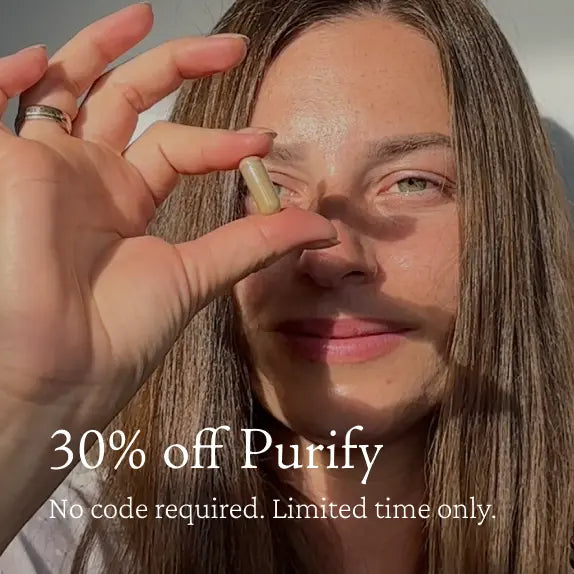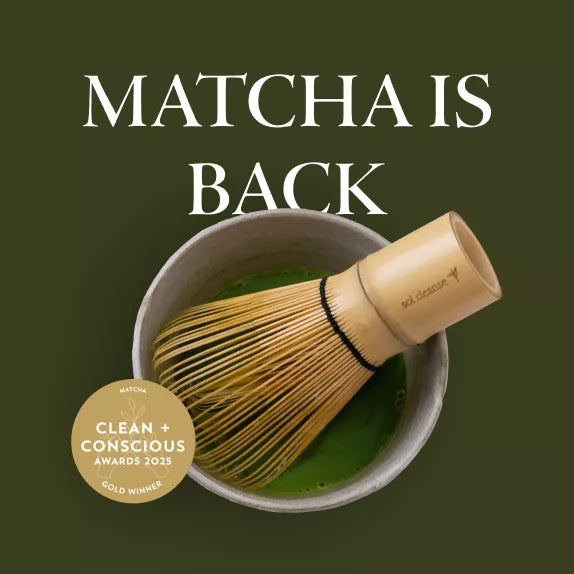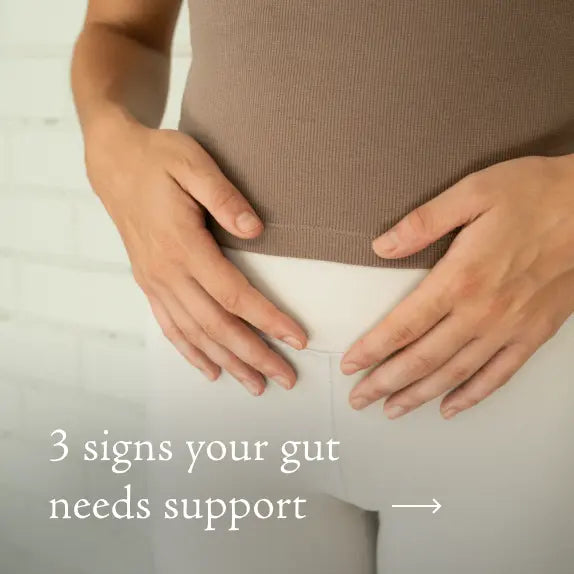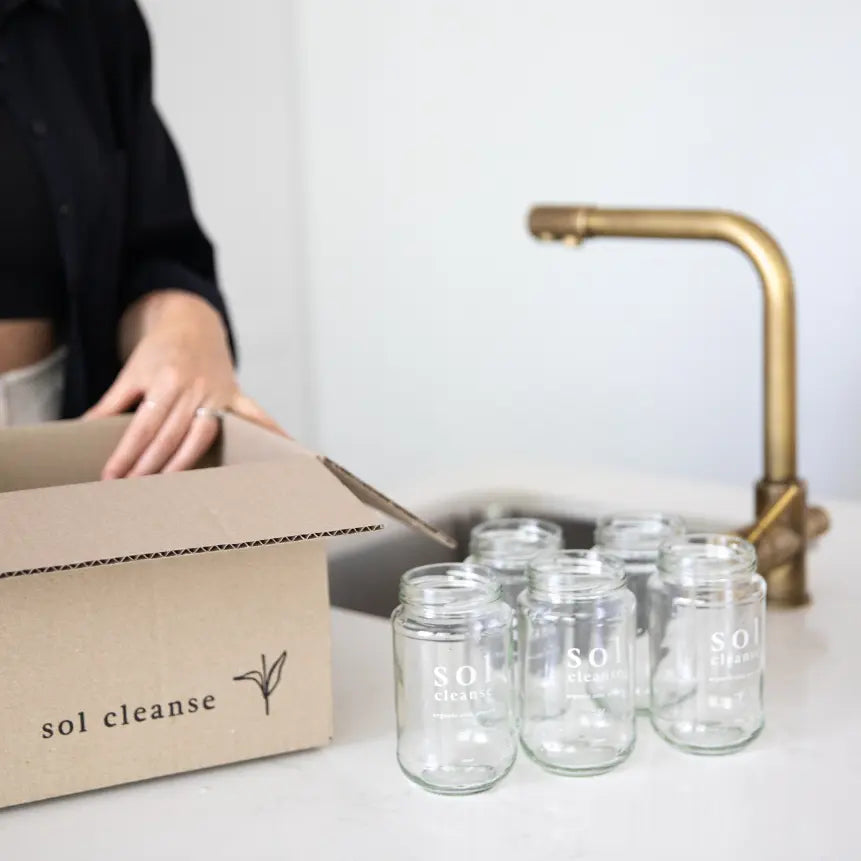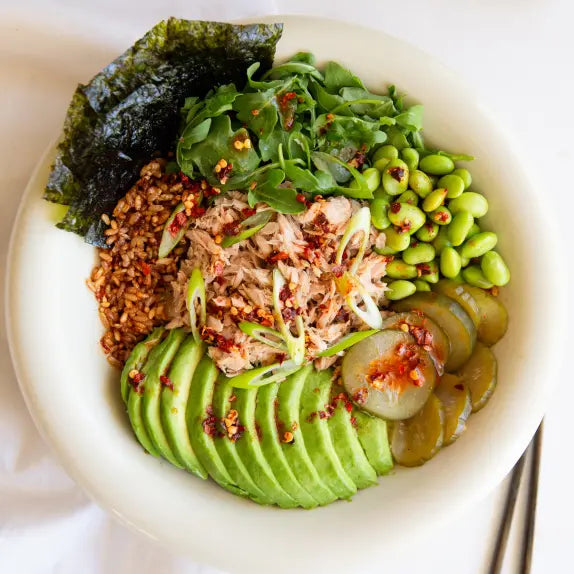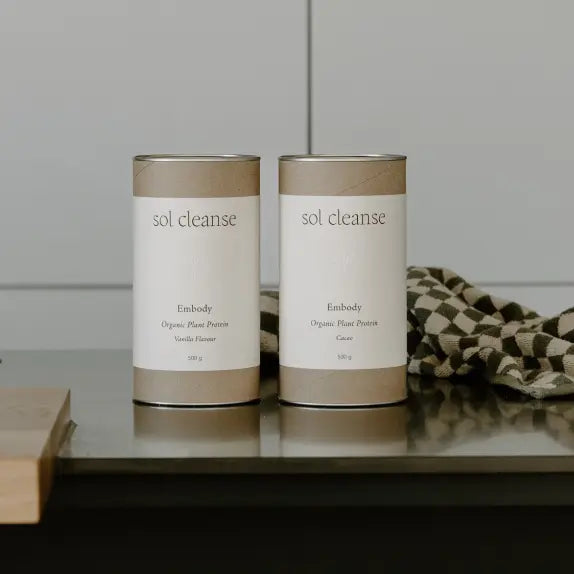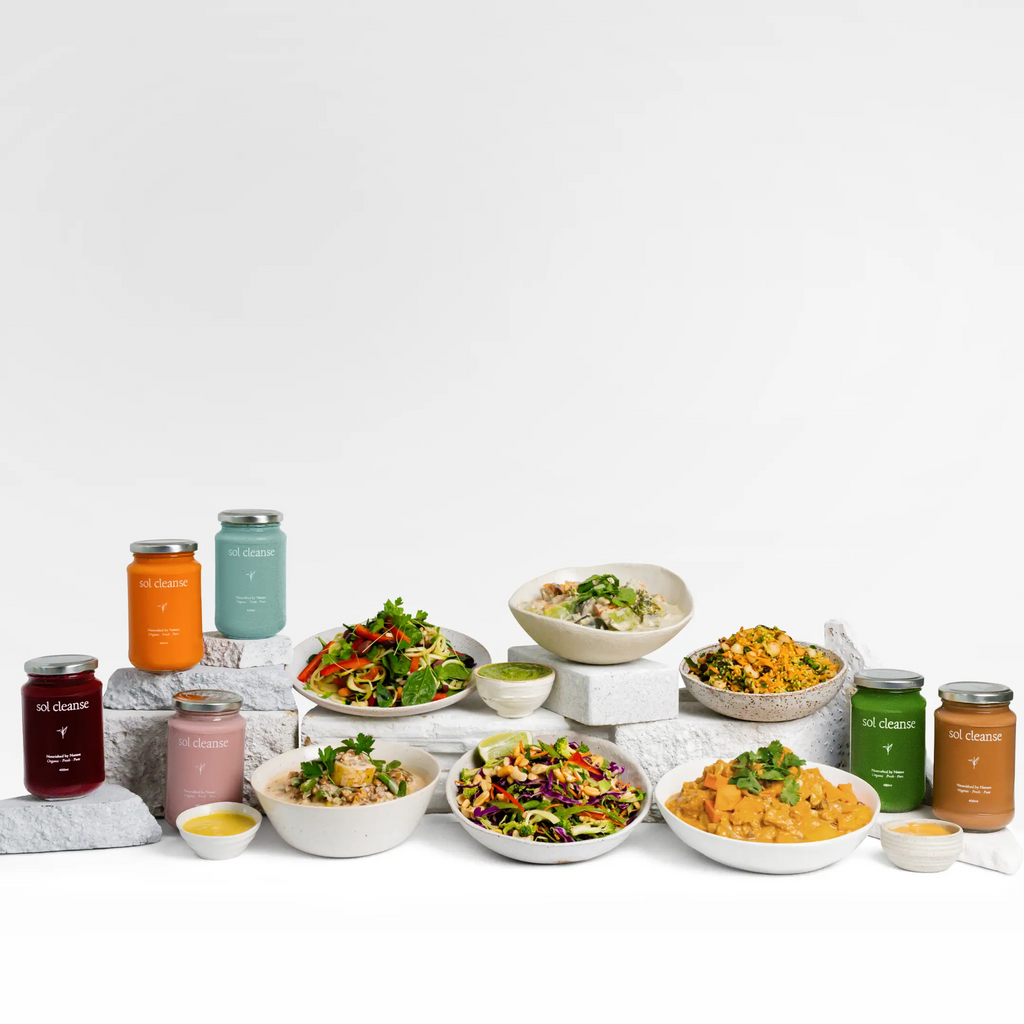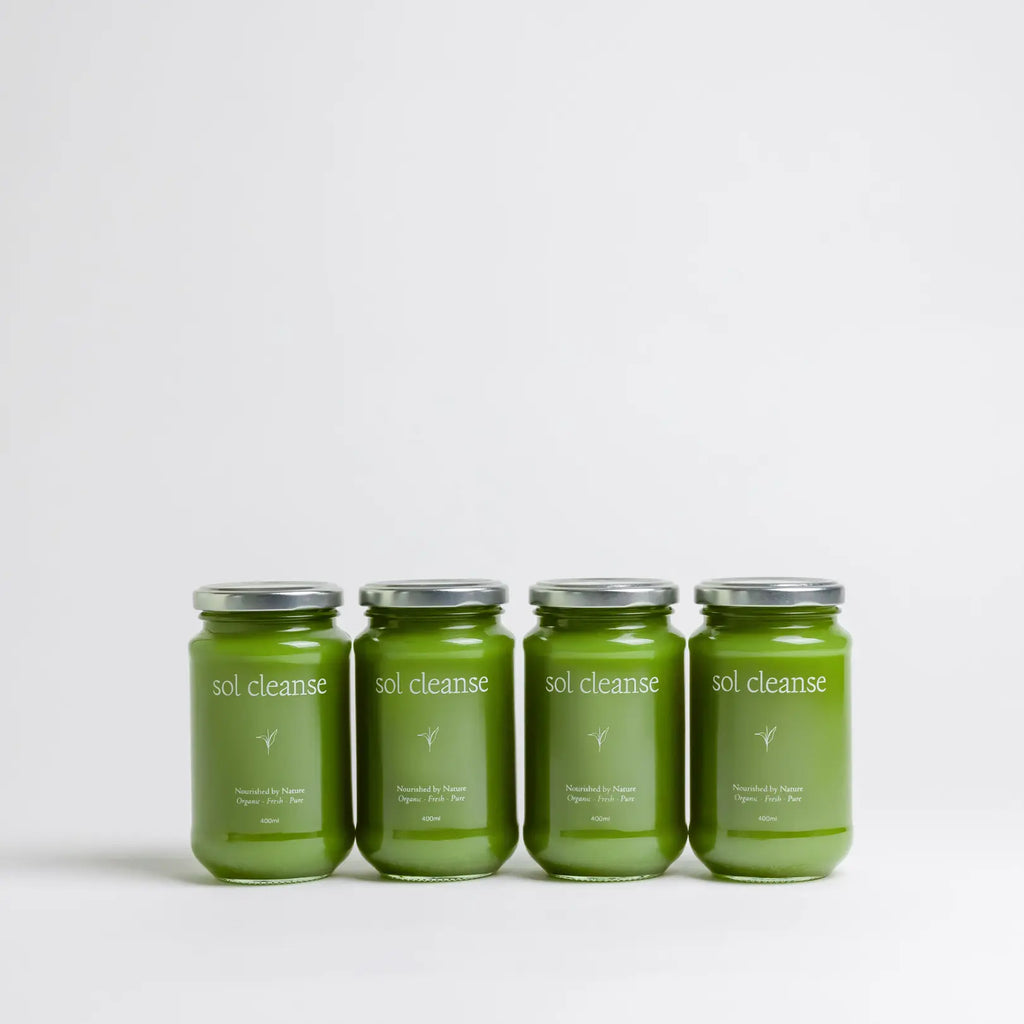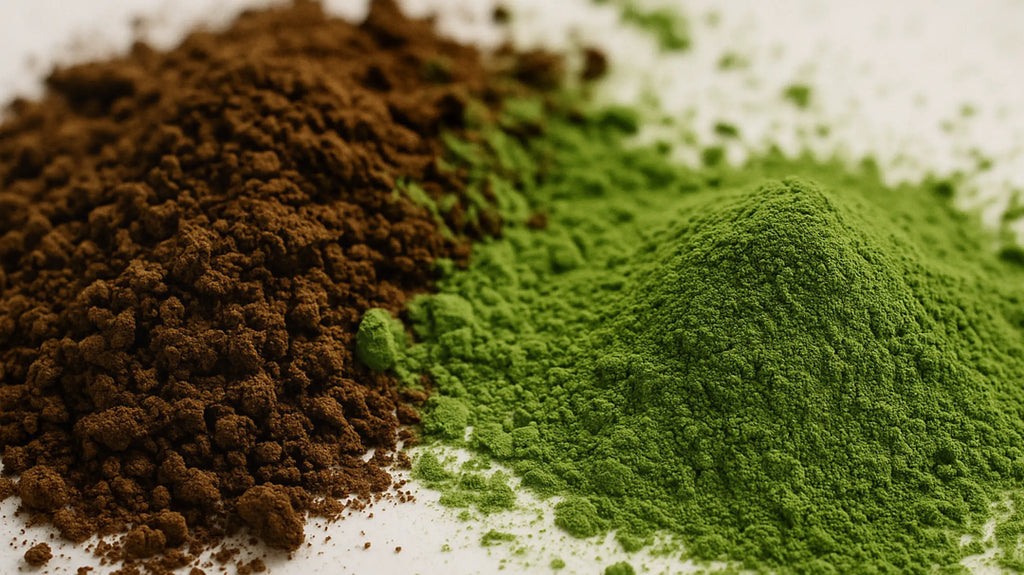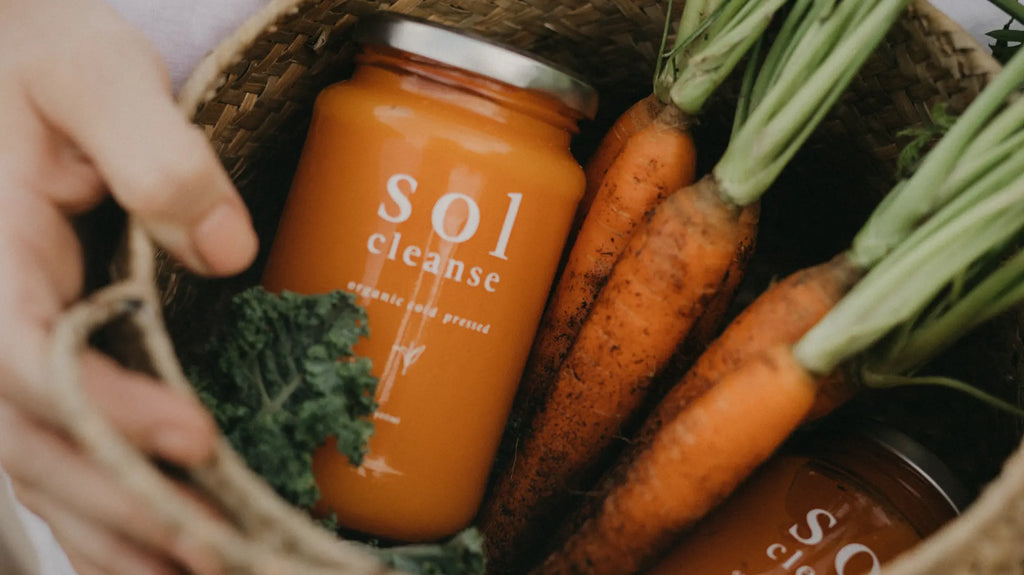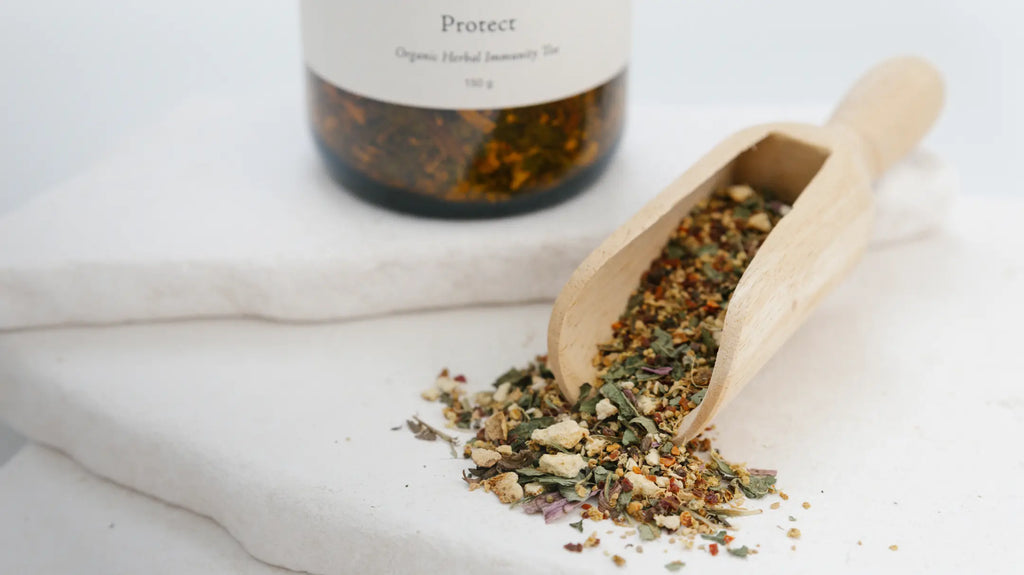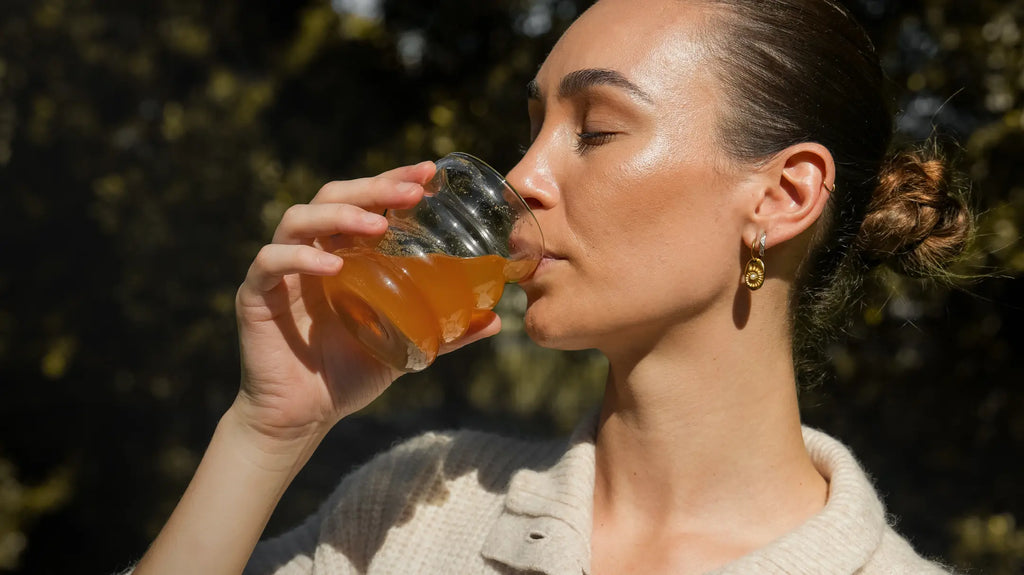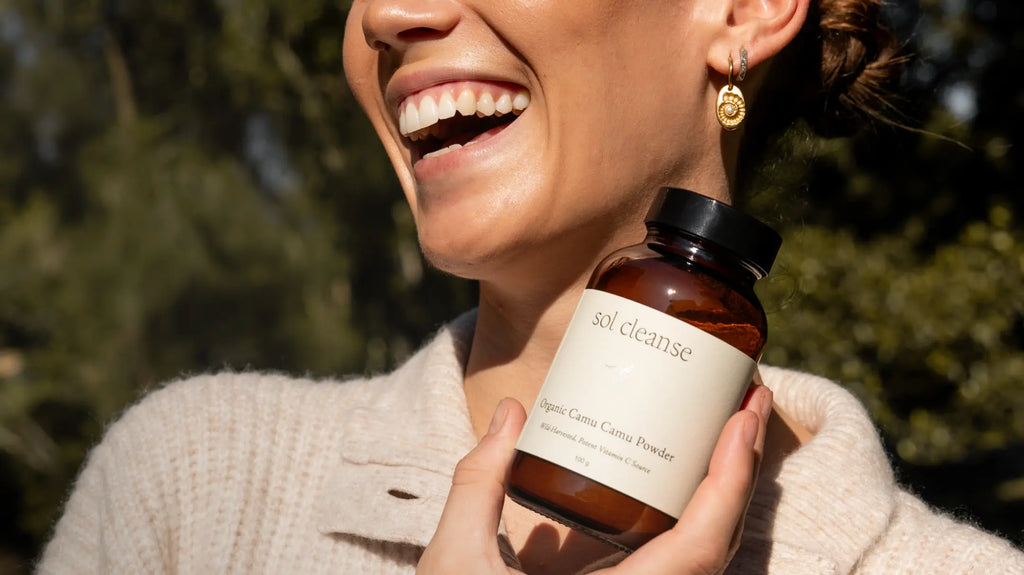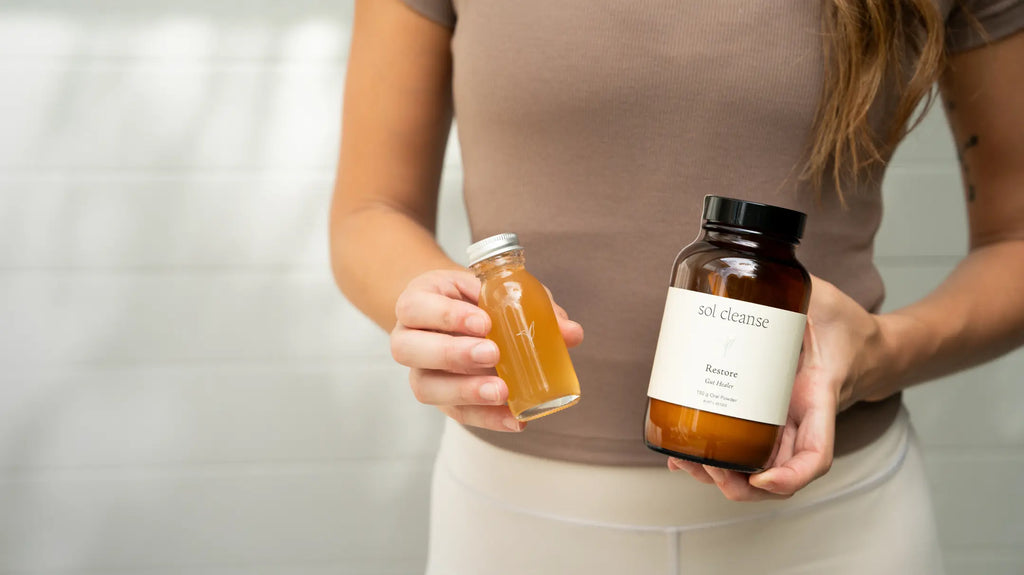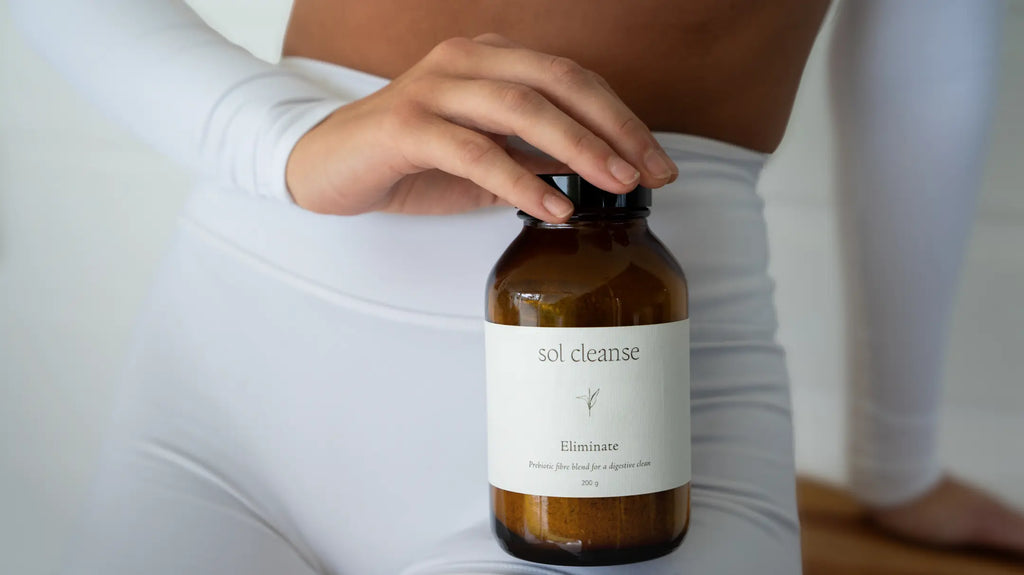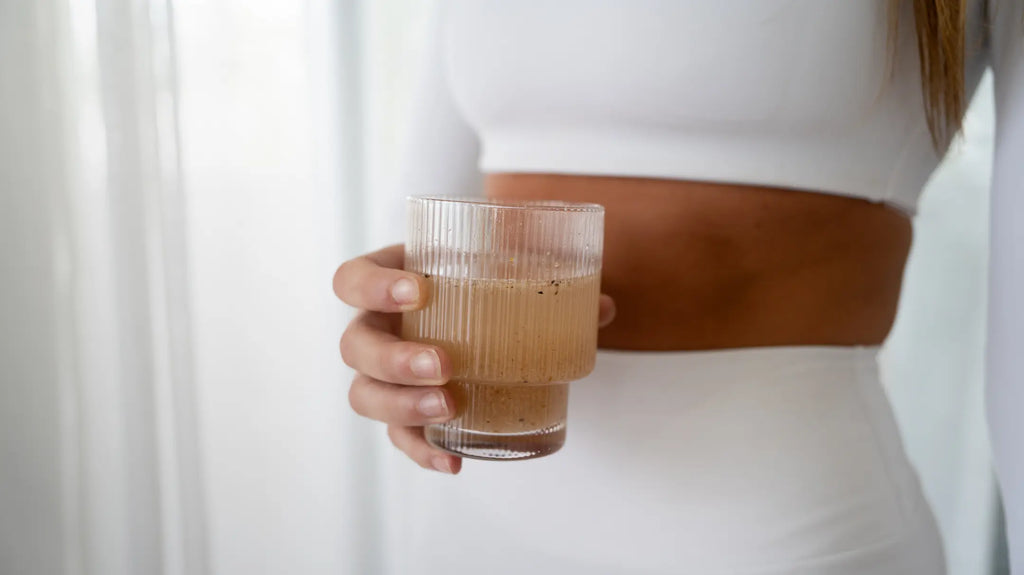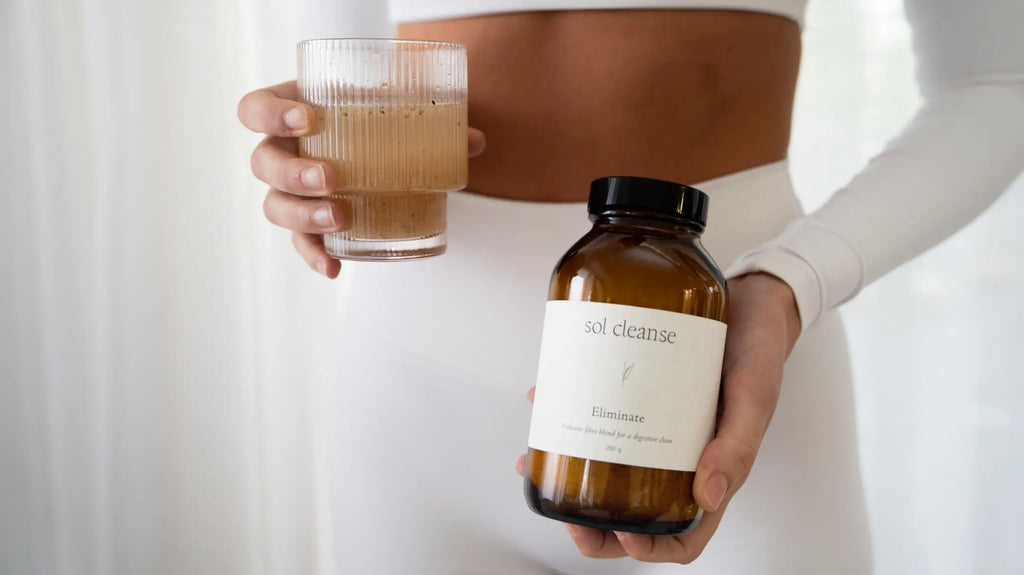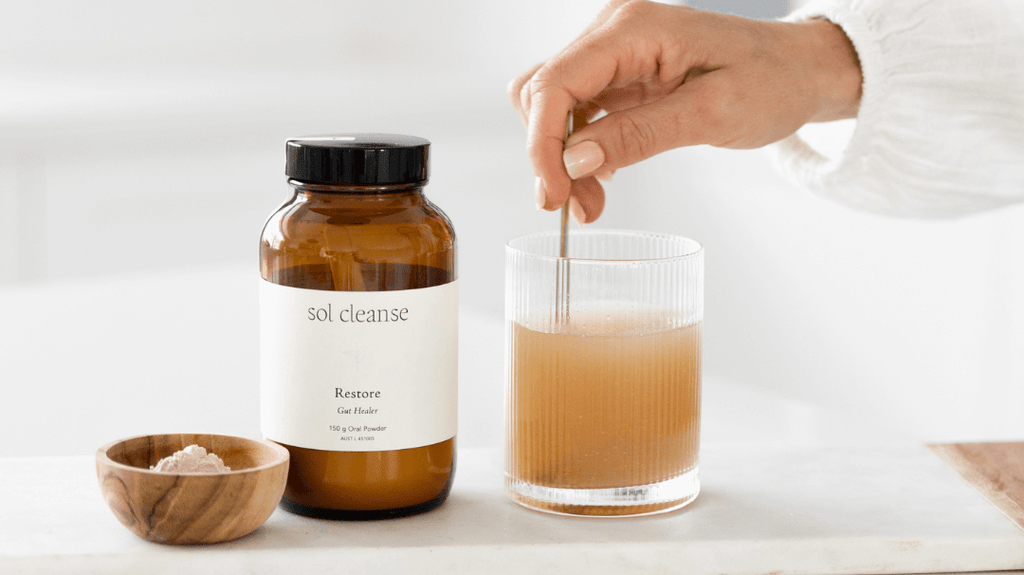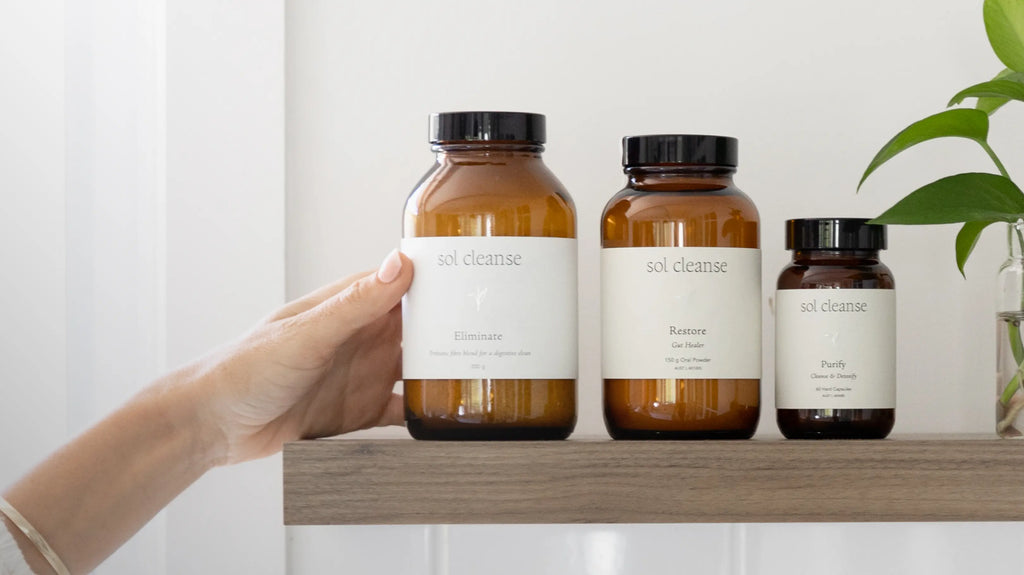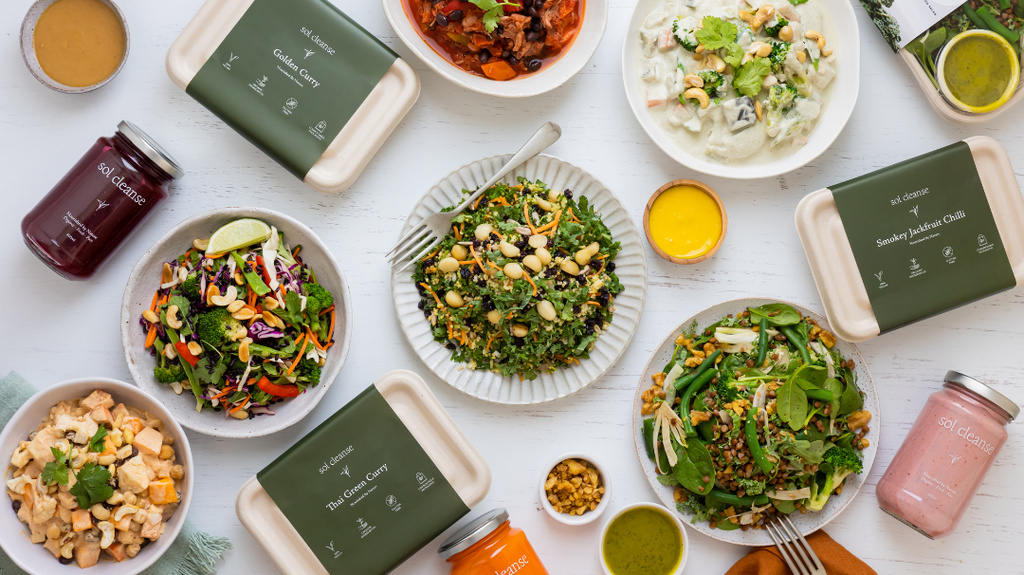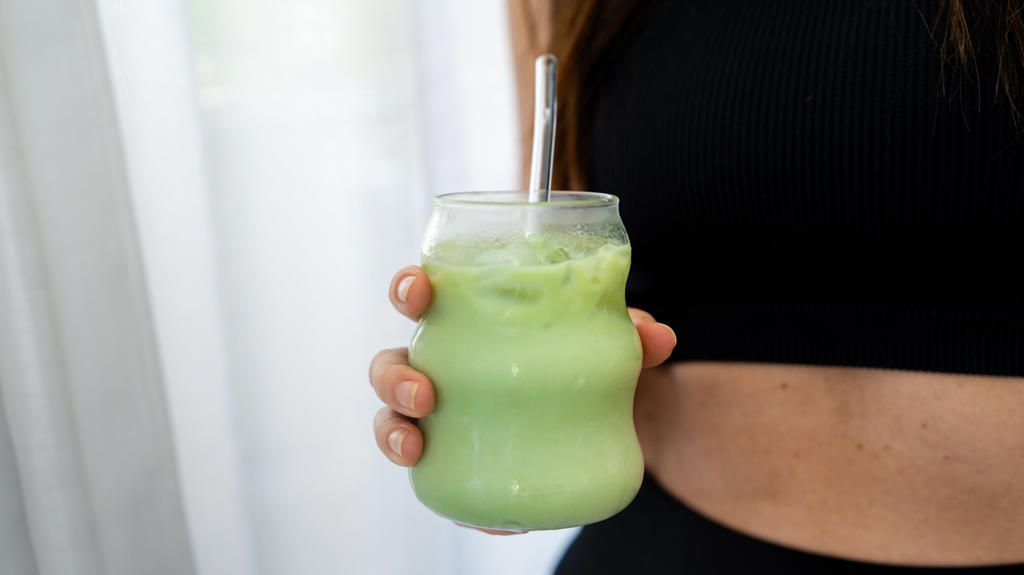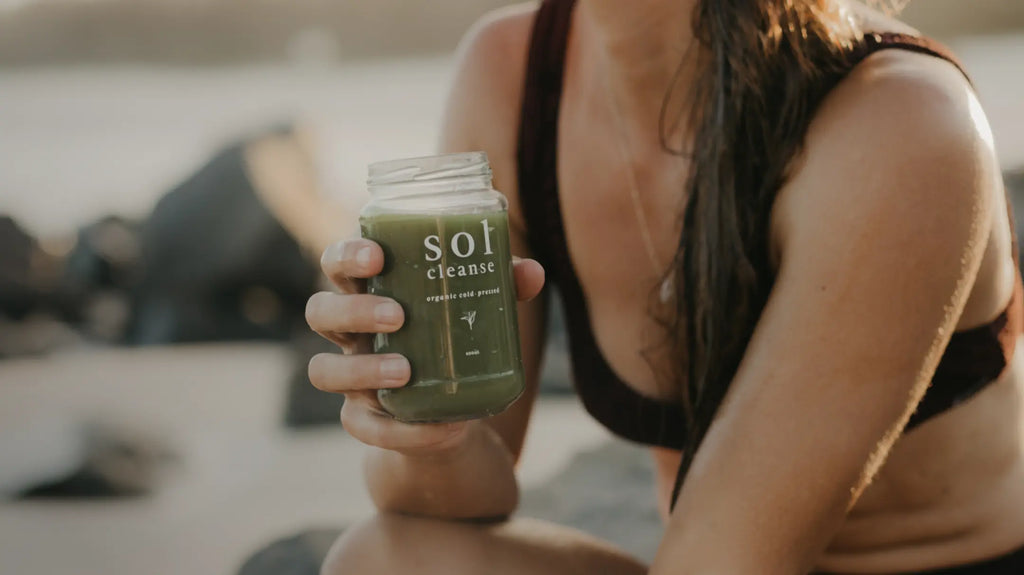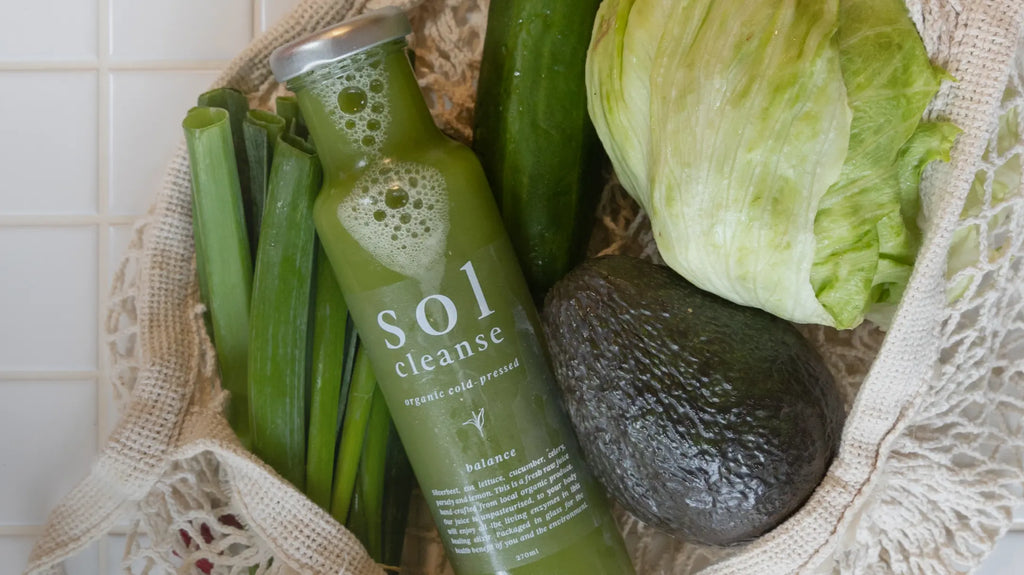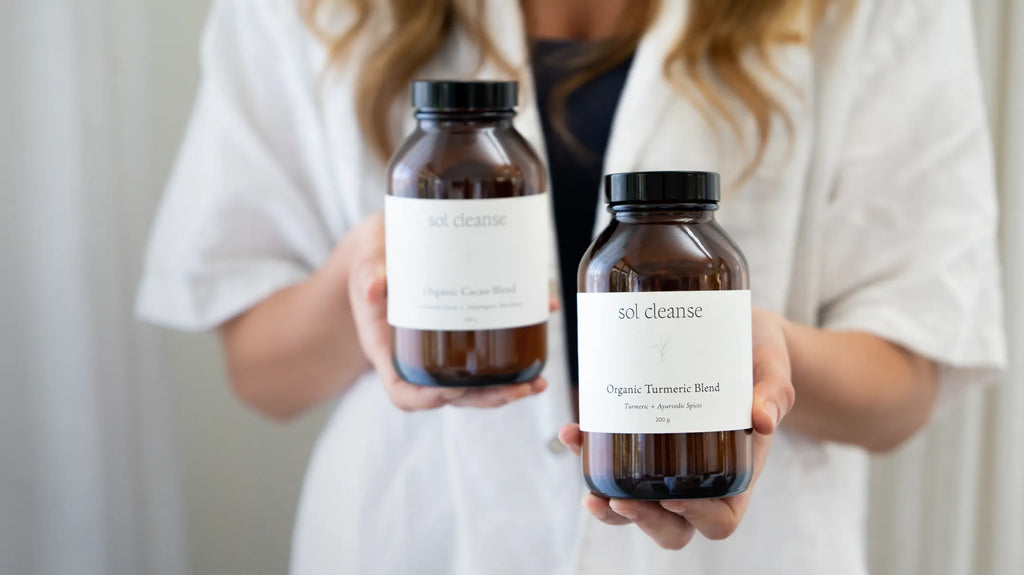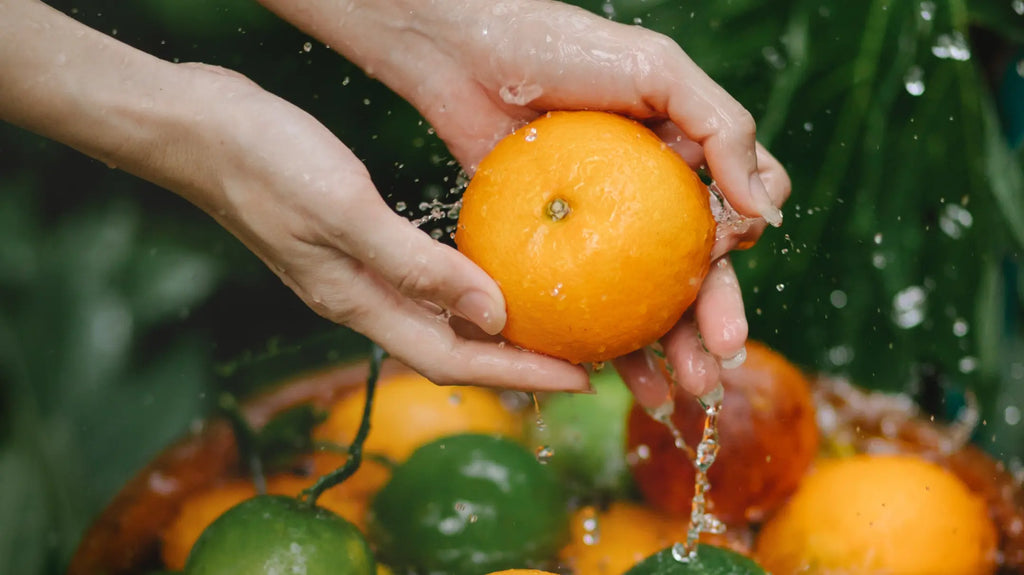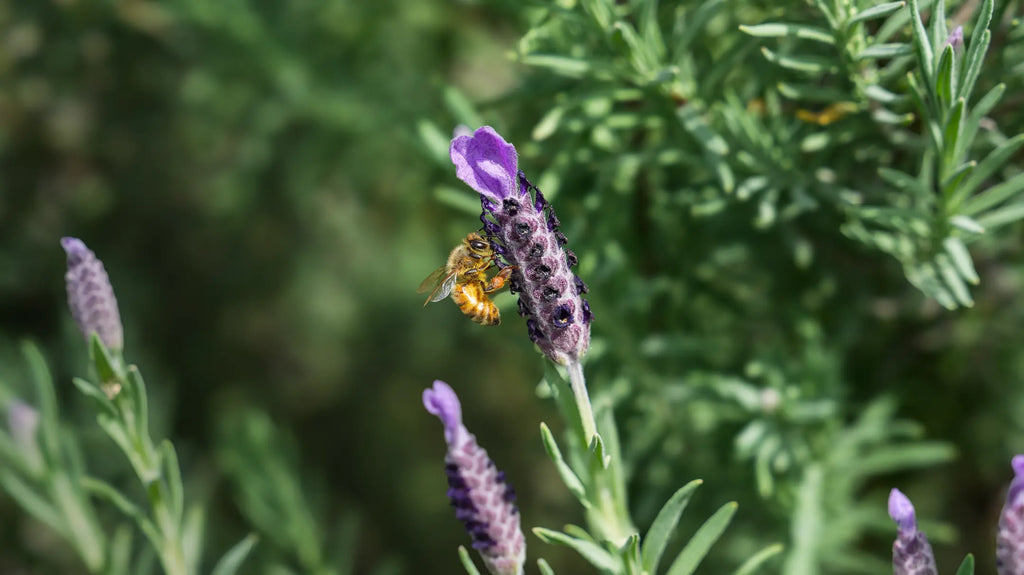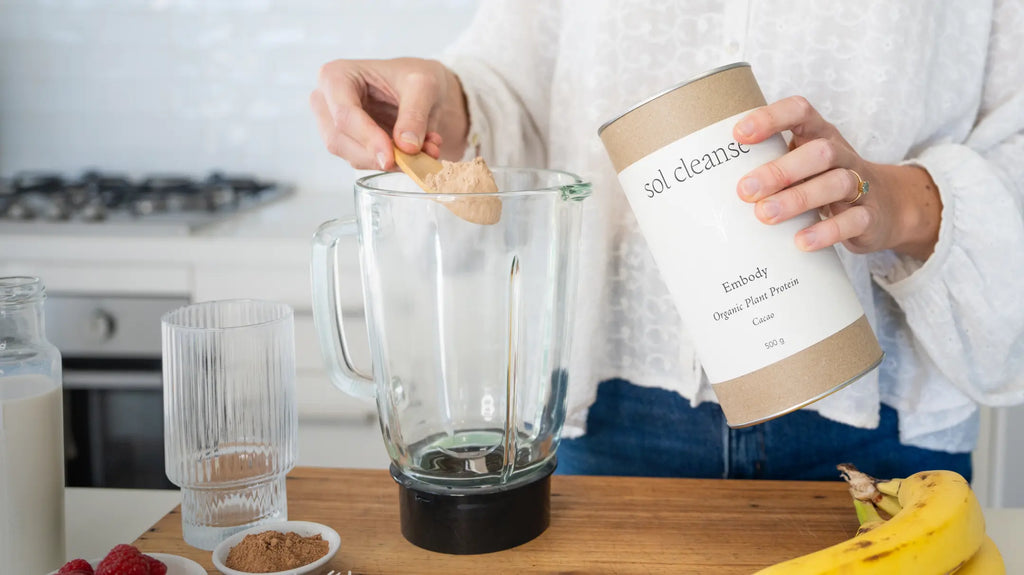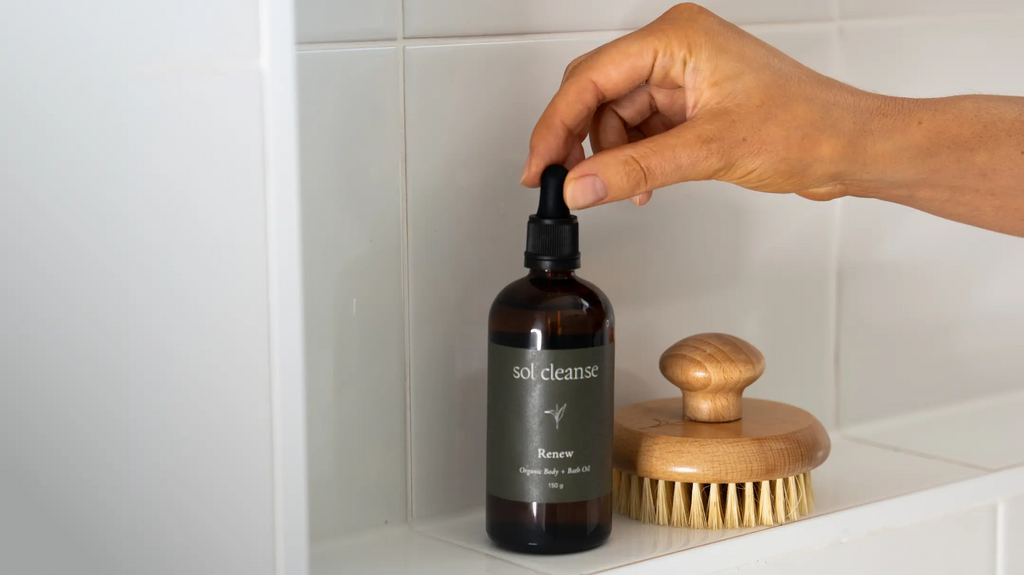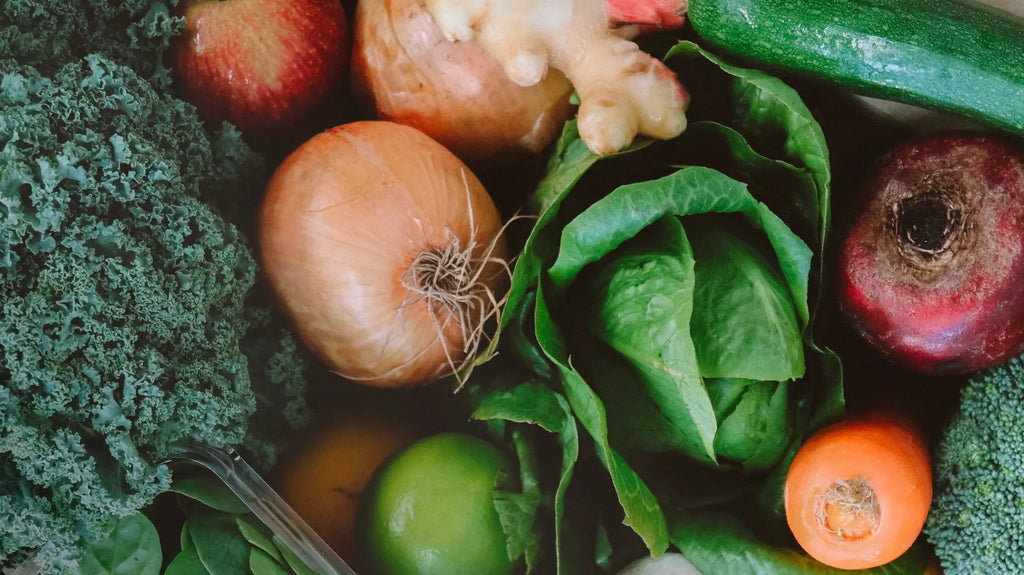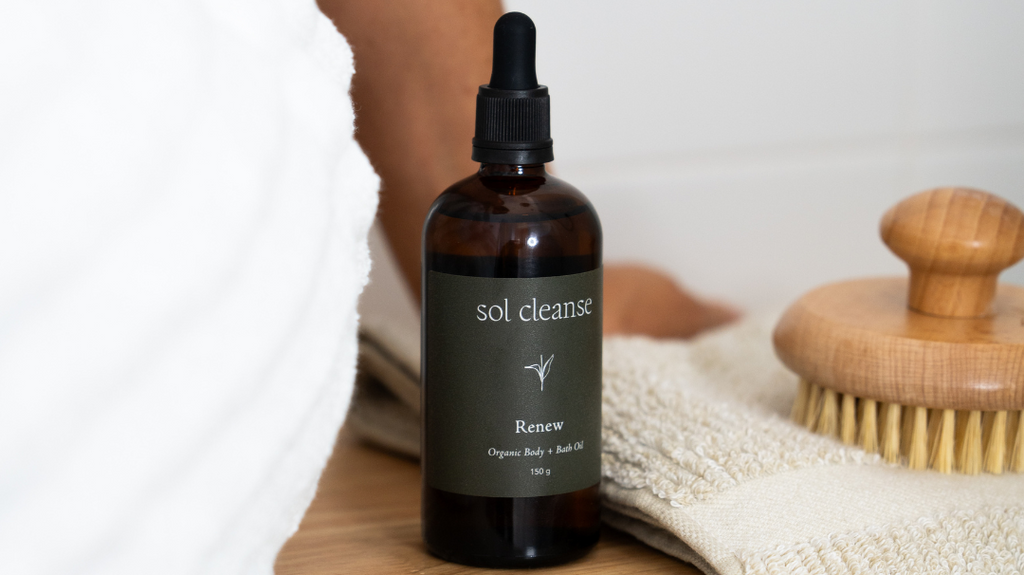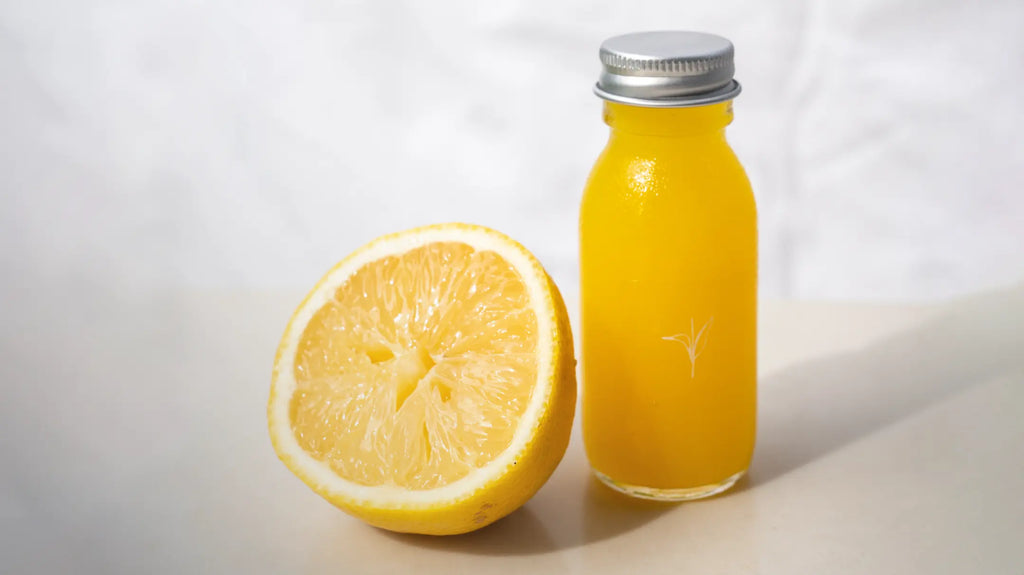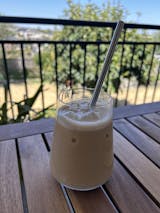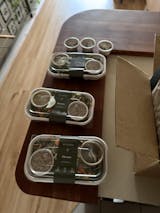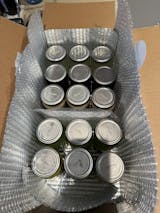Sugar is a sweet, energy-giving substance that comes in many forms, often undetected by the untrained, food-label-reading eye. Many of us have an interesting relationship with sugar which can come from our upbringing. We may have nostalgic memories of occasions like Easter and Christmas with sugar-sweetened homemade desserts and, at the same time, can have an instilled fear of sugar in all forms as it is “bad” for us. Have you ever wondered why it is challenging to reduce your sugar consumption? Or why the cravings for it can be so strong you would do just about anything to have that last sweet treat? Let’s take a closer look at sugar and what we can do to have a healthier relationship with it!
What is sugar, and are all sugars “bad”?
Reframing the bad guy image of sugar can help us understand the role of sugar in the body and how we can eat to support our overall energy levels. Glucose, which comes from the breakdown of sugar, is in fact, the body’s preferred energy source. It is preferred over fats as fuel because it is easily transported to and broken down by the mitochondria in our cells and then used to provide a fuel source for all body processes.
We may be familiar with that instant hit of energy a 3 pm sweet treat can give us to get through the rest of the working day. Our neurotransmitters or chemical messengers in the brain called dopamine and serotonin are released when we eat sugar and are responsible for the energising and feel-good lift we can get from satisfying these cravings.
A significant difference to understand when referring to sugars is refined vs. natural, which is differentiated by the sugar’s source. Natural sugars come from foods in their whole food state as they would be found in nature, lactose in milk, fructose in fruit and honey, and glucose in fruits and vegetables.
Refined or added sugars are made of sucrose, a compound of glucose and fructose. This type of sugar is abundant in pre-packaged foods and drinks or foods that have been processed. These foods are broken down quickly, leading to the sugar spike, and do not help with our satiety levels as we are hungry again not long after eating them. The negativity around sugar comes from scientific research that confirms diets high in added sugar increase the incidence of inflammation, high blood pressure, weight gain, diabetes, and fatty liver disease.
What products contain sugar?
Now you will know that added sugar is something to be aware of and reduce to a minimum. This can be done by first reducing and swapping out packaged and processed foods for whole foods.
Did you know there are around 60 names for sugar that can be used on a food label? When we are shopping for packaged foods, because we don’t live in a perfect world and need to buy pre-made foods such as sauces, nut milks, and spreads. We can be on the lookout for the hidden added forms of sugar listed below and make more informed choices to buy versions of these products without sugars.
- Dextrose
- Modified starch
- Fructose
- Corn syrup
- High-fructose corn syrup
- Sorbitol
- Fruit juice concentrate
|
- Galactose
- Polydextrose
- Mannitol
- Glucose
- Raw/brown sugar
- Maltose
- Hydrolysed starch
|
Is there such a thing as a healthier alternative to sugar?
As we have covered, sugars in their whole food form are best, especially when paired with a source of protein which can slow the breakdown and release to give us more sustained energy. When eaten in their whole food form, such as fruit and vegetables, they are also full of nutrients such as vitamins, minerals, and fibre for overall health.
We do not recommend replacing sugar with sugar-free sweeteners including aspartame, sucralose, acesulfame potassium, saccharin or sorbitol, as they have been shown to have adverse health effects and can mimic the insulin response of refined sugar. Honey, xylitol, and stevia are safe sweeteners that can be used as a substitute while reducing refined sugars from your eating habits.
5 proven ways to overcome sugar cravings
If you’ve ever tried to go completely sugar-free, you have probably experienced how difficult it can be. This is because when we consume added sugar-filled foods, it triggers the feel-good sensation in the brain; we remember how this felt and start craving more sugar as a result.
These 5 tips to overcome cravings are backed by scientific research and are long-term habits that can improve not only blood sugar regulation but all areas of our health and well-being.
- Stay hydrated! Dehydration can make it difficult for your body to break down stored glycogen for energy. Your body then craves sugar to give you a quick energy boost when all it needs is a good drink of water.
- Balance your plate. Ensuring our meals, especially breakfast, are balanced with protein and healthy fats to help with satiety and will prevent the onset of hunger that has us craving a quick fix in the form of sugar. On the occasions that we are having something sweet, having it after our balanced meal will dampen the blood sugar response. Our Organic Whole Food Packs are an easy and convenient way to ensure that your eating a balanced diet.
- Hack the dopamine system with exercise or cold exposure. When your brain craves sugar, it desires a hit of the feel-good hormone dopamine. Movement and deliberate cold exposure, such as a cold shower, ocean swim, or ice bath, release the exact same hormones and can reduce or completely eradicate your sugar craving.
- Sleep and Stress. When these two essential pillars of mental and physical health are not optimum, and you are tired and stressed, the body will crave more sugar as a quick energy source. Ensuring we get 7-9 hours of restorative sleep and implementing daily stress management however that looks for you will help reduce cravings.
- Take a break. When you consume nothing but pure plant nutrition for a few days your taste buds get a complete reset and your digestive system, a break. Plus, you have the added bonus of having ready-made meals, eliminating unwanted sugar from sneaking into your diet. Once your cleanse is finished, you craving fresh, whole foods and choose them for how they make you feel. Hit reset on your diet with our whole food, zero refined sugar, Organic Cleanse Programs.
